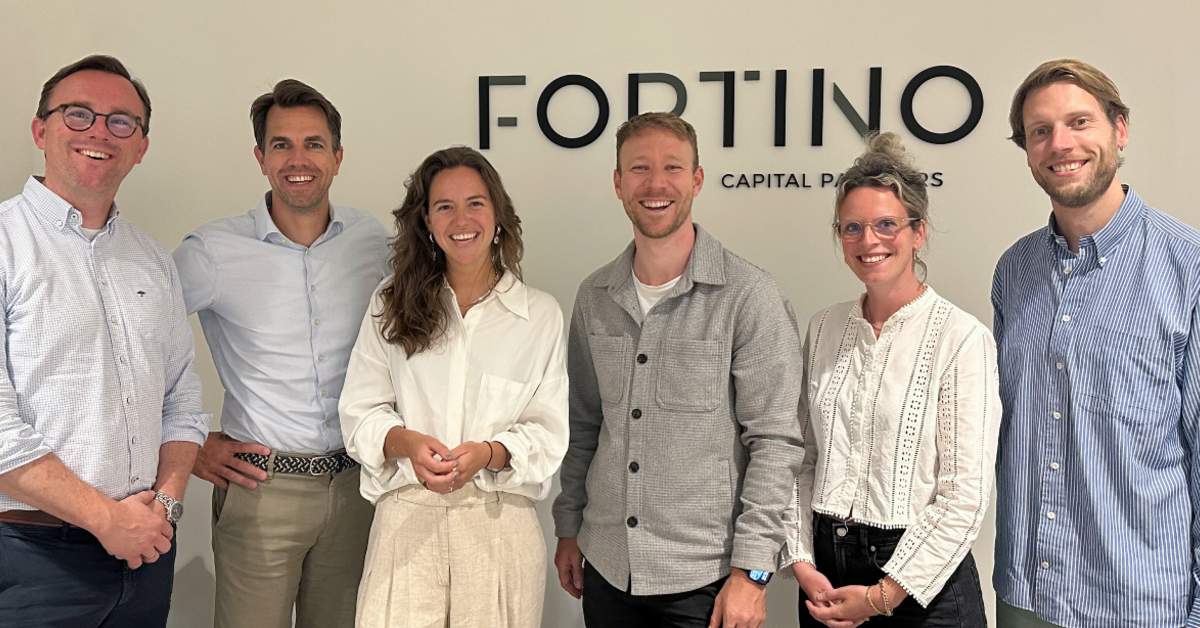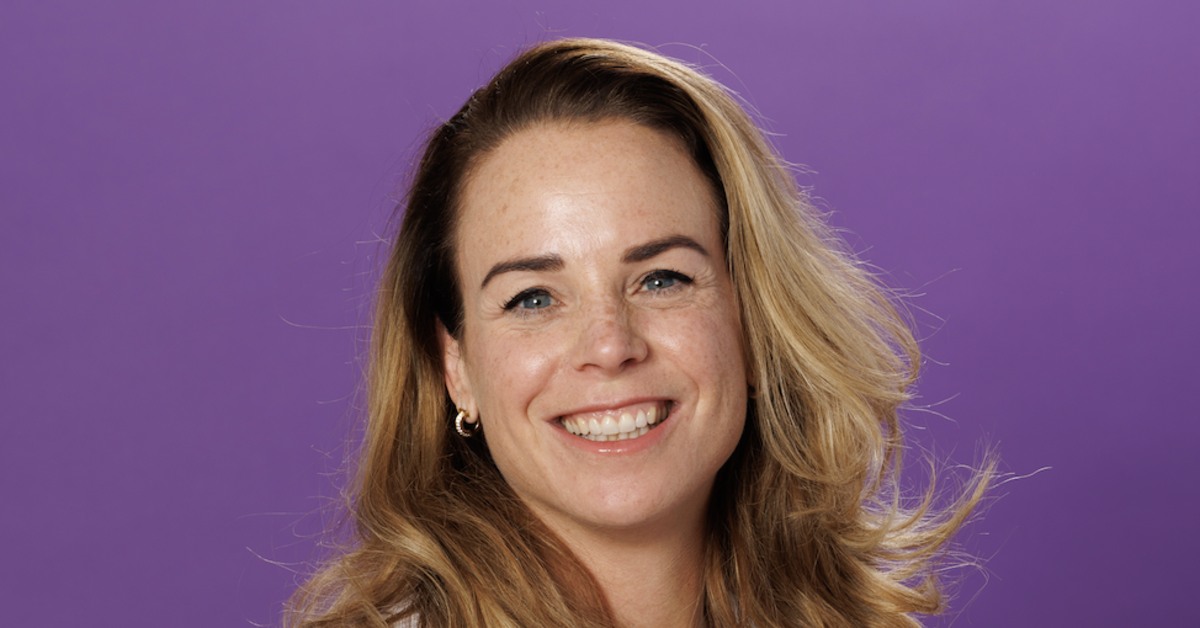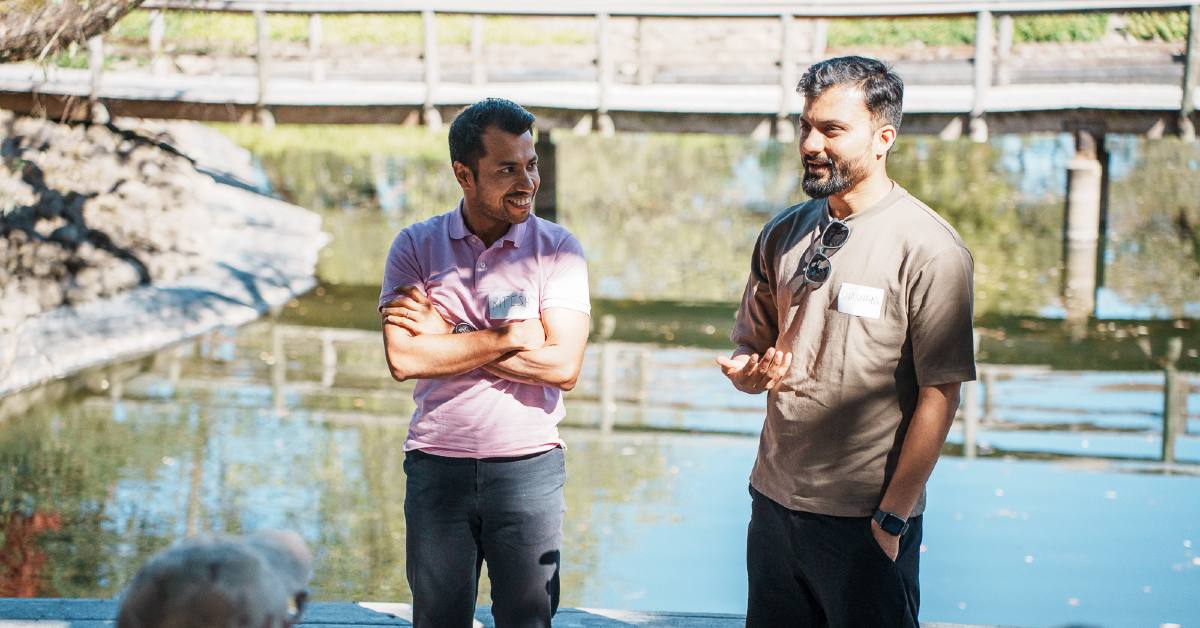Engie has confirmed to Silicon Canals that the French energy company plans to liquidate the entire EVBox group.
The French company announced the acquisition of Amsterdam’s EV Box in 2017 to accelerate ENGIE’s strategy as an energy revolution pioneer.
The announcement comes a few months after the company’s electric vehicle charging station business lost €22M in Q1 2024, reports Reuter.
The Dutch company is said to have posted losses totalling €800M since the takeover by ENGIE.
Here’s what’s happening
According to the company’s spokesperson, on June 4, 2024, ENGIE informed the European Works Council of its intention to discontinue EVBox’s activities by way of a solvent wind-down of the entire EVBox group, says ENGIE’s spokesperson to Silicon Canals.
An information consultation process opened on June 19, 2024, with the employee representative bodies concerned.
Simultaneously, while carrying out the information consultation process, ENGIE actively sought and remained open to any alternative external proposals, especially business takeover offers.
According to the company, the priority was to find solutions that minimise social impacts and total costs resulting from the wind-down while guaranteeing reliable execution of the project and continuity of activity and commitments made by ENGIE to EVBox customers and other stakeholders.
However, ENGIE received two takeover bids and decided to proceed with the proposal submitted by “Financière de Pessac,” represented by Eric Stempin (the former founder of EVTronic), for the takeover of EVTronic’s operations.
The spokesperson says that this decision was based on guarantees to preserve all jobs at the Bordeaux site and the reliability of the proposed takeover’s conditions and implementation timescale. Additionally, this proposal would help maintain around thirty jobs.
However, EVBox’s closure affects employees and branches in the Netherlands, Germany, and the USA. Only around 30 out of 700 jobs will be retained. This was initially reported by the Dutch newspaper Het Financieele Dagblad.
Additionally, ENGIE also plans to create a subsidiary in the Netherlands to uphold EVBox’s commitments to its customers regarding after-sales service, allowing around one hundred EVBox employees to be redeployed for a fixed period.
This offer is currently under consideration for implementation, pending the information-consultation processes. The Work Councils will be consulted next week, states the spokesperson.
Some critical issues
Hugo Pereira, co-founder of Ritmo and former Chief Growth Officer of EV Box for seven years, took to LinkedIn to express his sadness at the news and provide some additional context.
In his post, he hailed the company’s potential but also pointed out the issues that have plagued it over the years.
EVBox went from a €5M local business to over €100M in revenue with a passionate team focused on improving mobility, reiterates Pereira.
However, the Dutch company encountered several issues that ultimately caused its failure.
According to him, one of the critical issues that plagued EVBox was the complex nature of revenue recognition in the EV charging sector.
Determining whether the entire €2 charge or just the €0.20 fee should be considered revenue proved to be a contentious issue, even among leading accounting firms.
In addition, the enforced and costly SAP implementation and a global supply chain crisis also contributed to the current crisis, he adds.
Besides complex revenue recognition, product quality has been a mixed bag for EVBox, points out Pereira.
Before Engie’s acquisition, the company had a reputation for producing solid products, claims Pereira.
However, multiple contracts, such as those with Volkswagen had placed significant strain on the company’s resources.
“Interestingly enough, EVBox’s latest charging stations are considered some of the best on the market, proving that just product quality isn’t enough — there’s brand power, leadership ability, serviceability, and more into the equation,” says Pereira.
Thirdly, the SPAC/IPO venture for EVBox did not go as planned.
While accounting challenges played a part, other factors, including supply chain delays and divergent product directions, also contributed to the failure, he states.
These challenges underscore the complexities involved in taking a company public.
It is worth mentioning that EVBox was a profitable enterprise before Engie’s acquisition.
However, the subsequent losses were part of a strategic growth plan implemented by Engie’s leadership.
“A large majority of the mentioned €800M losses occurred in the last four years under Engie’s new leadership,” he continues.
“The reality is that after a leadership change in February 2020, EVBox was no longer a priority for Engie—just 34 months after the acquisition. One thing is true: EVBox still has the potential to thrive with the right leadership, and the industry would benefit from a comeback story,” he concludes.










01
From telecom veteran to Dutch Startup Visa success: The Jignesh Dave story